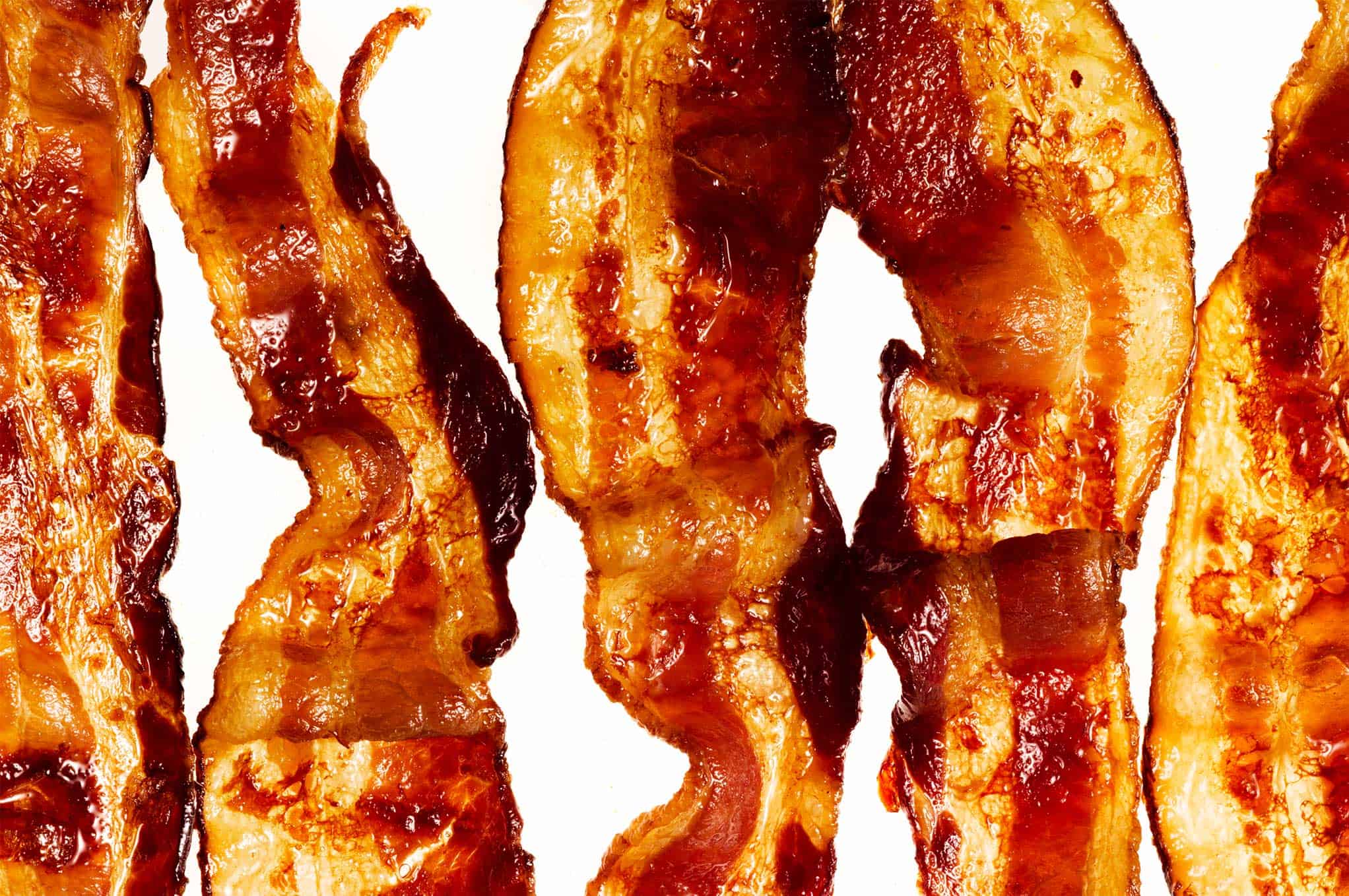Alternative being the operative word there.
A group of scientists has been challenging everything we know about cholesterol, saying we should eat fat and stop taking statins. This is not just bad science – it will cost lives, say experts

www.theguardian.com
I would note that I have a strong prejudice against articles in the Guardian, but that is just me.
I also have a strong prejudice against statins due to previous bad experiences.
Suffice it to say that butter is one of my mainstays, and as I am approaching 75 with recent good blood pressure checks I am not convinced that butter is bad for me.
Edit: that article is from 2018 and science may well have moved on since then.
Edit #2: I really should have read the article before diving in.
"A high-fat diet is the secret to a healthy life, they say. Enjoy your butter and other animal fats. Cheese is great. Meat is back on the menu.".
Preach!!
Meat, cheese and butter are mainstays of my diet.
“The claims that blood LDL cholesterol levels are not causally related to cardiovascular disease (which is really in the same realm as claiming that smoking does not cause cancer) are factually false,”
However it is suggested that cholesterol levels in the blood are not directly related to cholesterol in the food that we eat.
It is suggested that much/most cholesterol is manufactured from carbohydrates.
Ancel Keys and "you are what you eat" caused at least a generation's worth of confusion.
I am finding this article somewhat biased, but note my views on the Guardian.
I note the use of the term "dissidents" is used very frequently.
Noting that statins do have their place, especially for those who have already had a heart attack.
I recall that when I was diagnosed in 2008 I was prescribed a statin because the risk of a heart attack for someone with T2 diabetes was the same as the risk for a non-diabetic who had already had a heart attack.
It seemed reasonable at the time, but later it was realised that the risk might be the same, but the causes were not, so that argument was dropped.




